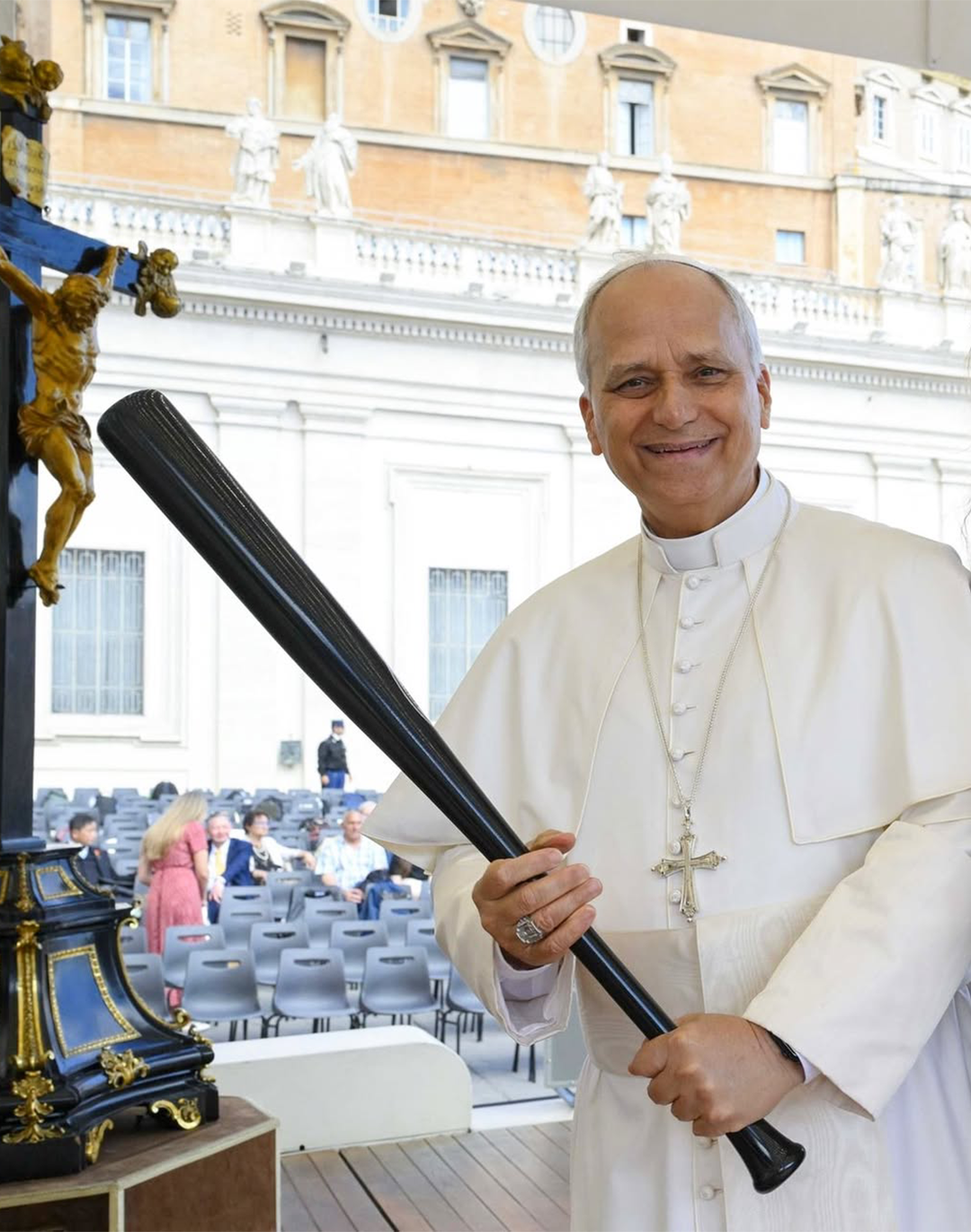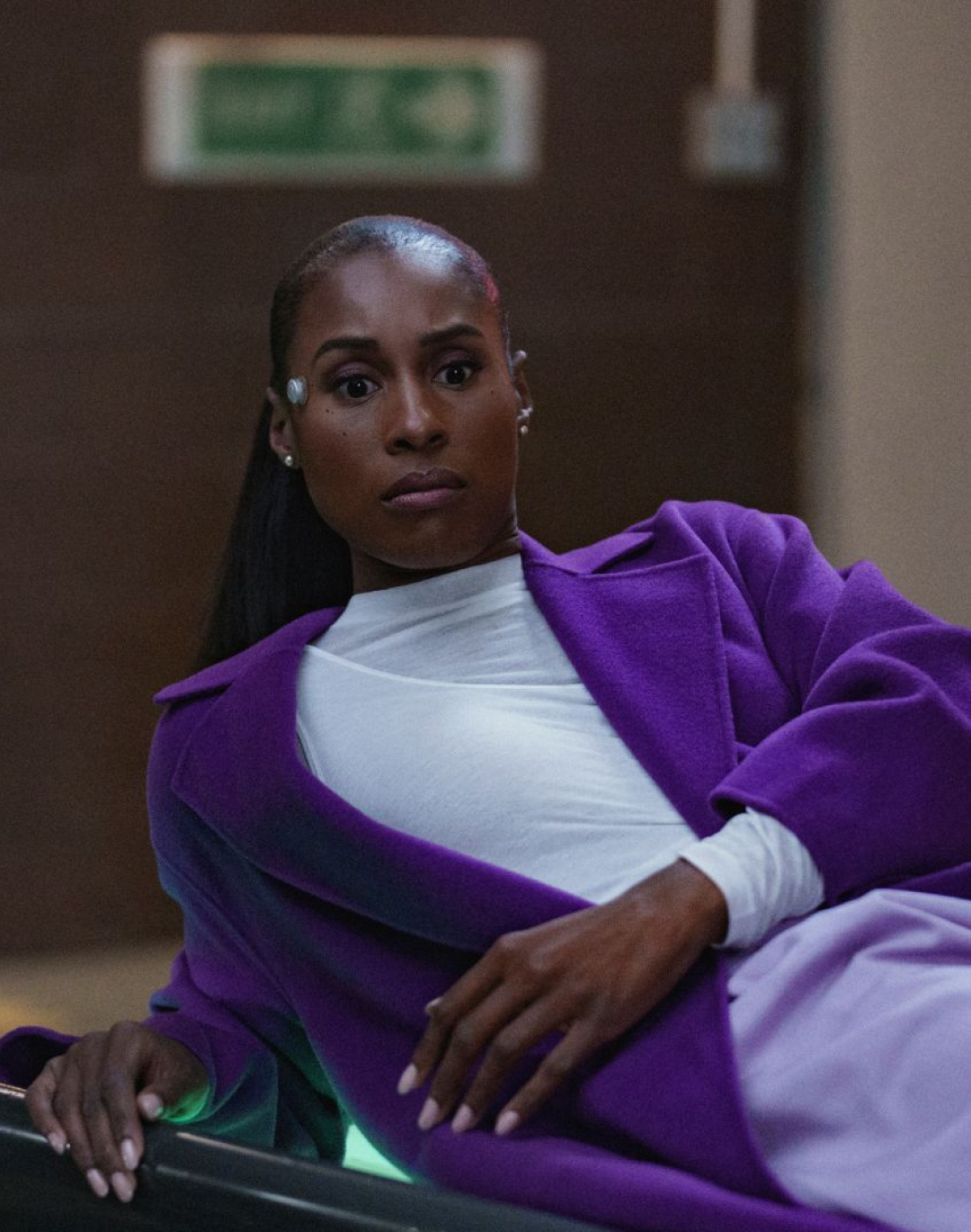
Elon Musk wants to buy OpenAI Although Sam Altman categorically declined
Elon Musk is arguing with someone, again. This time, at the center of his almost megalomaniacal ambitions, is OpenAI, the organization he helped co-found in 2015. On Monday, the Wall Street Journal reported that a consortium of investors led by Musk had made a $97.4 billion offer to take control of the company, originally established as a nonprofit and later transformed by Sam Altman into a hybrid structure with a for-profit arm. Altman immediately rejected the proposal with a cutting remark on X: “No thanks, but we can buy Twitter for $9.74 billion if you want.” Musk wasted no time responding, calling Altman a fraudster and confirming the already tense atmosphere between the two former partners. However, there is much more behind this move than just a bidding war, especially considering that Musk has filed several legal complaints against the company over the years, claiming that OpenAI has betrayed its original nonprofit mission focused on safety and transparency by allowing Microsoft—its largest investor—to exert dominant influence over AI development. According to Forbes, Musk's attorney, Marc Toberoff, sent a letter on January 7 to the attorneys general of California and Delaware (the states where OpenAI is legally registered), urging them to open a competitive bidding process to determine the true market value of the organization’s “charitable” assets (charitable, since the company is supposed to operate under a nonprofit model). The goal is to ensure that the nonprofit receives fair compensation, preventing any potential undervaluation if the for-profit division is spun off.
no thank you but we will buy twitter for $9.74 billion if you want
— Sam Altman (@sama) February 10, 2025
OpenAI, for its part, has dismissed Musk’s claims as baseless and insists that the nonprofit will retain an ownership stake reflecting the true market value of the for-profit company. To support its position, Altman’s leadership released internal documents in December, asserting that Musk himself had previously supported the creation of a for-profit division but later withdrew from the initiative when he was unable to gain full control over it. According to Forbes, Altman is determined to formally separate the for-profit and nonprofit entities to attract further investment and develop ambitious projects like the joint venture Stargate, which, according to the Wall Street Journal, could require up to $500 billion in AI infrastructure. If a high valuation is set for the for-profit division, the nonprofit (which still holds ownership shares) could maintain significant influence over future governance, potentially hindering Altman’s plans.
Scam Altman
— Harry Bōlz (@elonmusk) February 10, 2025
pic.twitter.com/j9EXIqBZ8u
After leaving the organization, Musk accused Altman of abandoning the original ideals of transparency and being too accommodating toward major investors, particularly Microsoft. Furthermore, it is no secret that the relationship between the two former co-founders had already deteriorated in the past, especially after Musk’s failed attempt to take control of the company and the subsequent reorganization of the board of directors in 2019. Adding to the tension is the exchange of jabs on social media. Following the nonprofit CEO’s tweet, Musk quickly took to his profile, as he often does, sharing misleading content about the situation that could influence the judgment of his 217.7 million followers. Meanwhile, Musk’s attorney claims that the consortium he represents is ready to match any higher bids. At the same time, the likelihood of the acquisition happening seems rather unrealistic, considering that the entire OpenAI board shares Altman’s vision. However, with Musk, you can never say never.















































